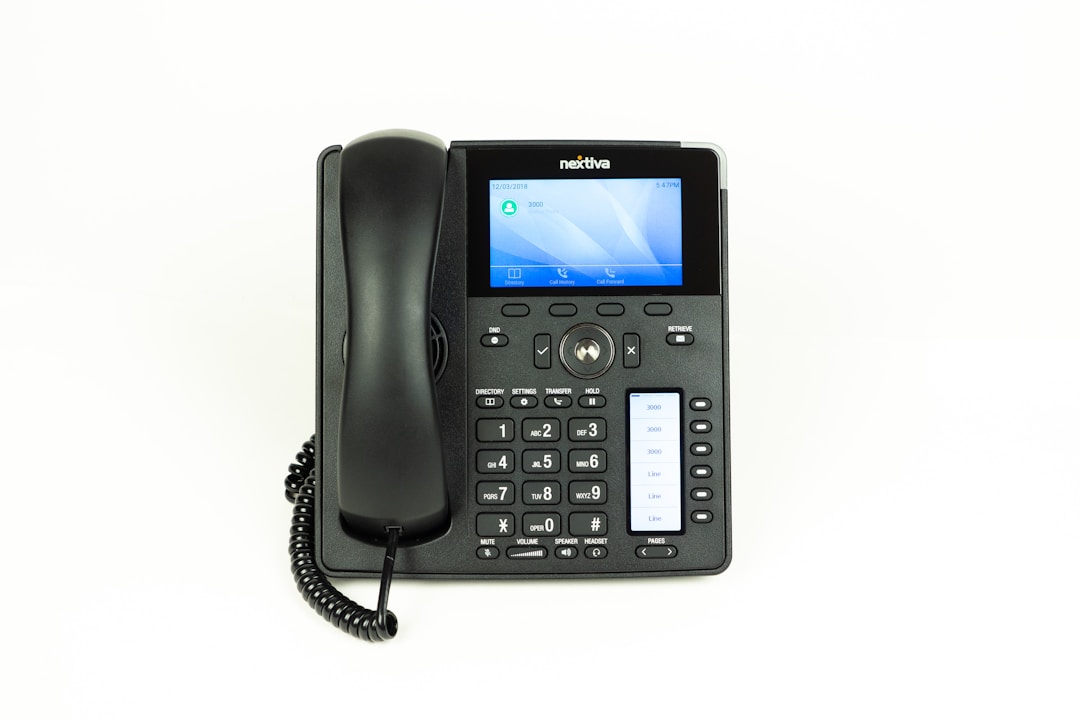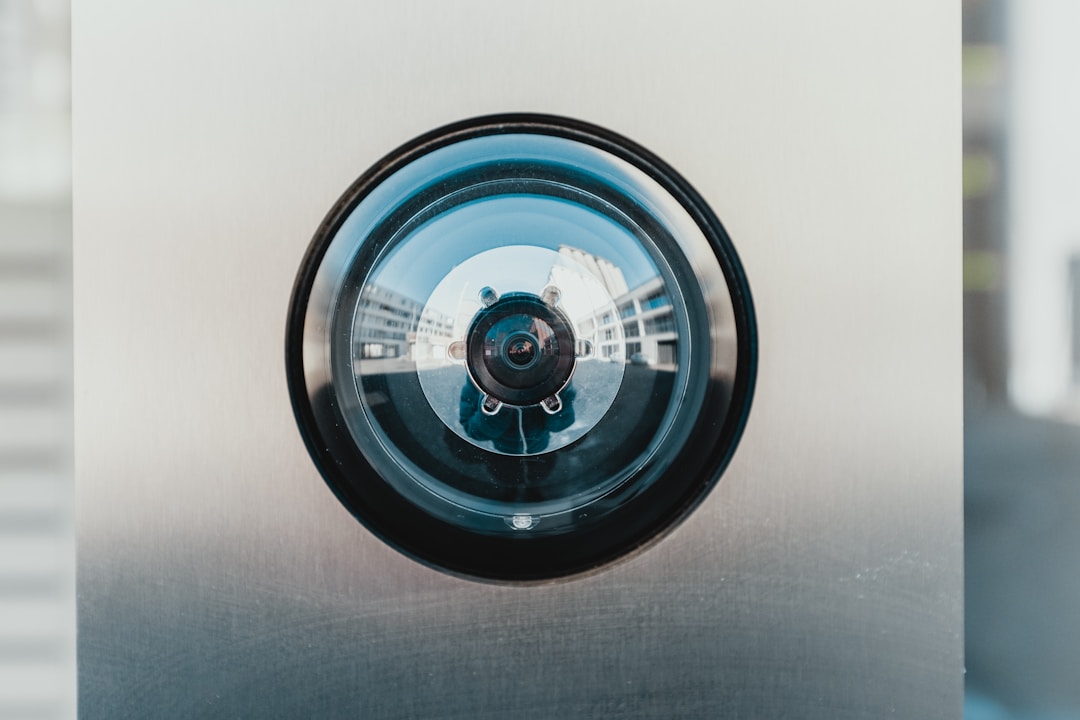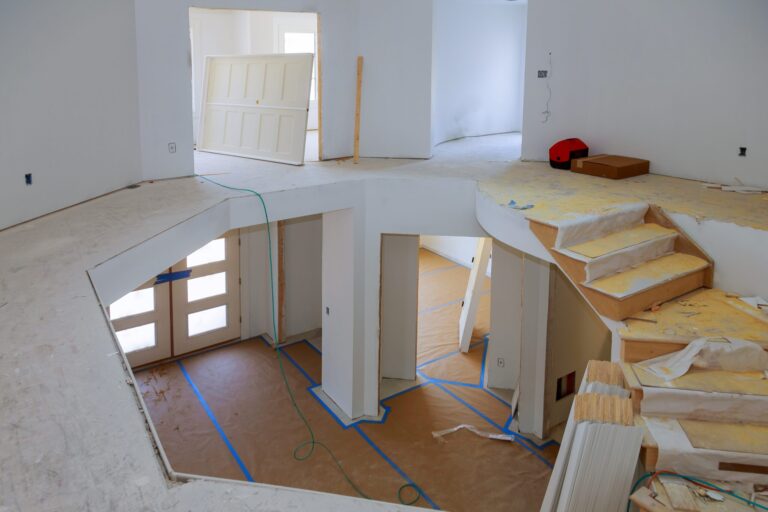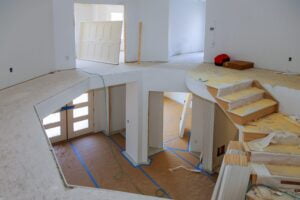Offices usually carry lots of confidential documents and information. So naturally, your office space needs to be thoroughly secure. It’s not enough to create a tight security protocol among your employees; you also need to invest in effective protective software and locks. There are many ways to ensure your office is left secure even after hours, which include digital and more traditional methods like padlocks, safes, and secure cabinets. Below are some useful tips to help you secure your office space.
1. Protect your reception area.

One of the first things is to protect your reception area. You can do this by installing visitor management and security system. This way, you can monitor who comes into the building and leaves at specific times. This kind of application gives your visitors and staff a warm welcome while using a modern sign-in system to register their entrance and exit to and from your business premises.
You can also install VoIP phone systems in your reception area rather than using a physical or wired landline. VoIP stands for Voice over Internet Protocol and offers communication over the internet. Your VoIP phone service can also serve as an internal communication system and a video conferencing system within the office. Most VoIP services operate via the cloud and are a lot safer than physical landlines that run the risk of being tapped.
2. Lock up valuable equipment.
Locking up valuable office equipment and storing your classified files and information in secure spaces is considered common sense. However, most office breaches happen within small spaces of time when staff members forget to lock up or leave certain areas unattended.
Most offices follow certain security protocols, which usually involve locking up reserved areas. Unfortunately, workers could forget to carry out these protocols, causing a security breach. You can avoid these kinds of errors if you know what to do. Start by hiring security personnel (in shifts) who’ll remain on the premises even after working hours. That way, the office space is never left unmanned or unlocked at any time. Cabinets, drawers, and storage rooms should also be locked when not in use.
3. Use a keyless entry system
Using a keyless entry system for restricted areas on the premises is wise, especially if you can afford to install them. However, if you choose to use the traditional lock and key, it’s best to use locks that conform to the standards of the country you’re in. In most countries like the U.S., standardized locks are carefully tested to ensure they aren’t easily compromised. You can also duplicate your keys using a good key cutting machine or get your locks and keys from legitimate lock manufacturers. However, try to ensure all duplicate keys are locked up in a safe.
4. Use an alarm system.

Installing an alarm system is one of the first things to consider after getting office space for your business. It’s the most basic security measure and serves as your first line of defense against burglary or invasions. There are various kinds of alarm systems to choose from; smoke detectors, camera and surveillance systems, glass break sensors, etc.
Most security systems can send emergency signals through mobile phones or internet connections to the police or monitoring station. Some also come designed with an app and offer a two-way intercom that connects to the allocated employee if the alarm goes off. That way, you, the police, or your preferred monitoring station can be alerted immediately.
Office security shouldn’t be taken lightly and can save you money from general and intellectual theft. Other protective measures include using secure, complex passwords and changing online passwords regularly to prevent cyber theft. We hope the tips listed above came in handy.











